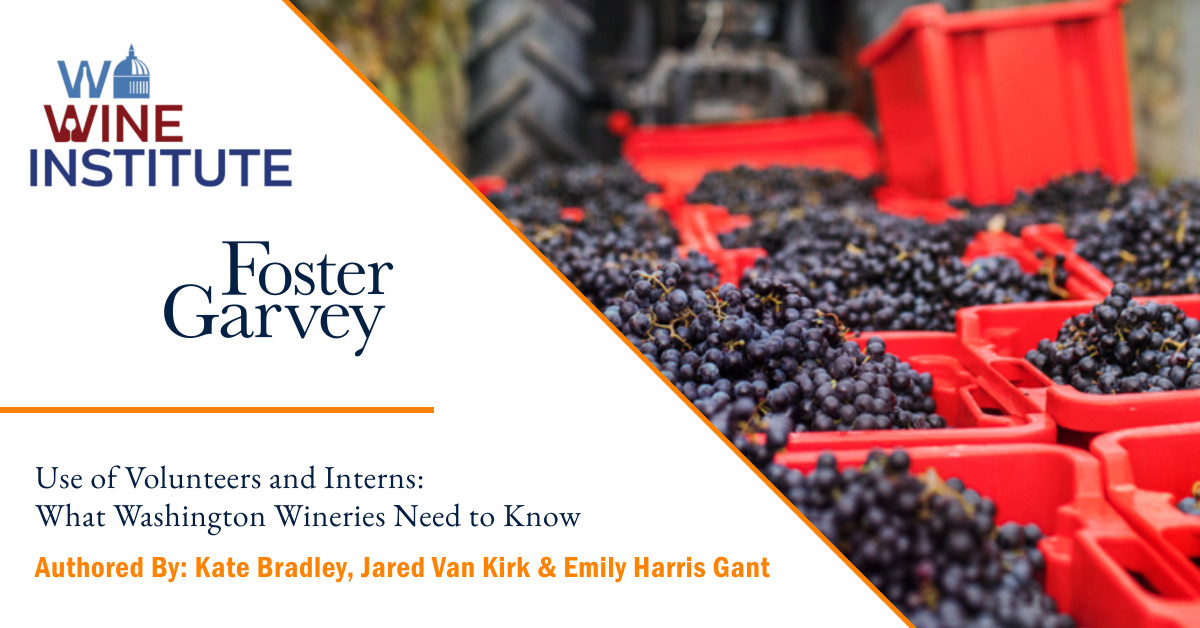To view this page, please visit our Member Signup page to register or email Membership and Programs Manager Marie Schurk at marie@wwi.wine.
SB 5492 Hearing: Tourism Promotion Hearing
Sorry, but you do not have permission to view this content.
To view this page, please visit our Member Signup page to register or email Membership and Programs Manager Marie Schurk at marie@wwi.wine.
To view this page, please visit our Member Signup page to register or email Membership and Programs Manager Marie Schurk at marie@wwi.wine.

To view this page, please visit our Member Signup page to register or email Membership and Programs Manager Marie Schurk at marie@wwi.wine.
To view this page, please visit our Member Signup page to register or email Membership and Programs Manager Marie Schurk at marie@wwi.wine.
To view this page, please visit our Member Signup page to register or email Membership and Programs Manager Marie Schurk at marie@wwi.wine.